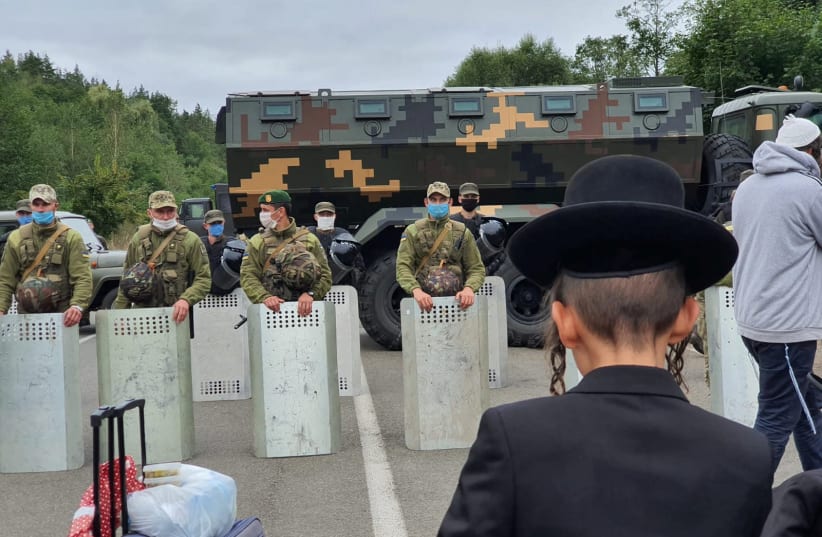Паломники-хасиды полностью освободили территорию пограничного пункта «Яриловичи» и направились отмечать Новый Год в...
Posted by Антон Геращенко on Friday, 18 September 2020
Jeremy Sharon contributed to this report.

Паломники-хасиды полностью освободили территорию пограничного пункта «Яриловичи» и направились отмечать Новый Год в...
Posted by Антон Геращенко on Friday, 18 September 2020